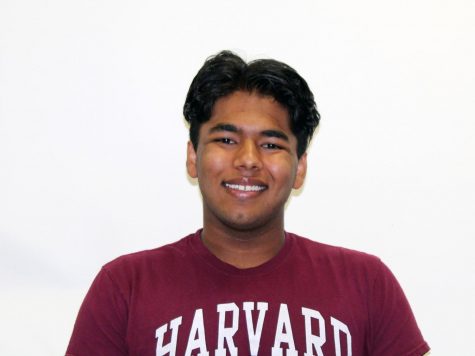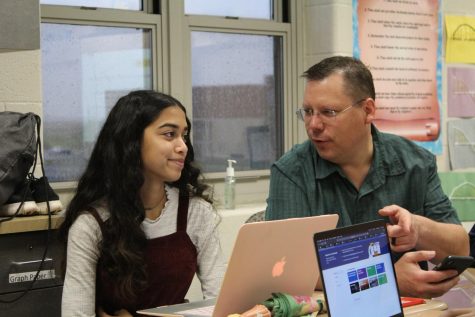
Anchita Sayani (’22) talks to her State Farm mentor while working on a project.
When the Computer Science Associate’s Degree Program Class of 2022 walks across the stage at Grossinger Motors Arena to receive their diploma, they will leave with two: one hand on their high school diploma and another on their associate’s degree.
The Computer Science Associate’s Degree Program, known more commonly as Cohort, is an accelerated track of study where students earn an Associate degree by their senior year of high school. Made possible by Unit 5’s partnership with Heartland Community College, Cohort students combine college classes with dual credit courses and general education requirements to earn six years worth of credits over eight semesters.
Students apply for and are admitted into the Cohort the winter of their eighth-grade year, according to Ms. Brittany Herzovi, the NCHS Cohort Program Coordinator. The program aims for around 30 students per year, which Herzovi believes is “the ideal size for sectioning.”
Students enroll in an English class their freshman year that combines Honors English I and II into a single course. Mr. Paul Krogmeier, who teaches the class, focuses on teaching students the skills that they would learn in Honors I & II, but notes that getting through all the content of both courses is not possible. The class is “more of a steep rise than other classes,” said Krogmeier, but that is by design to allow Cohort students to take English 101 as juniors.
Students follow that up with dual-credit English classes their senior year. As sophomores, members of the Cohort take English III, and moving from an advanced freshman English class to core English III has been confusing for students. Cohort members wanted to take AP English Language as sophomores but were prevented from doing so by Assistant Principal Mrs. Nicole Maurer, who argued that taking AP Lang was unnecessary and only served to try and inflate student GPA’s. Students, including Ved Kommalapati (‘22) remain confused as to what English III provides that AP Lang doesn’t. In Krogmeier’s eyes, “there’s not just not a good solution to the problem.”
Herzovi argues that AP Language is the same class as ENG 101, and Cohort students take English III to avoid taking the same class twice.
Beyond the classroom, participants also work with mentors from State Farm Insurance to develop an understanding of how computer science is used in the workforce. Megan Manning (‘22) said that mentors from the workplace are helping to ”increase [her] knowledge of computer science and problem solving.”
Groups of Cohort students are placed on teams that stay constant for their four years and collaborate on projects with advice from mentors.
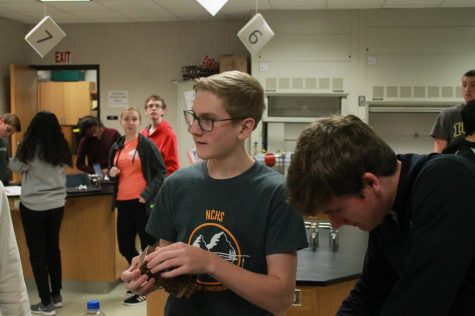
Cohort students work in groups on their escape rooms and collaborate on best practices.
The freshmen cohort is developing escape rooms, which they will then test out through prototypes, according to Herzovi. Adam Blumhardt (‘23) has found it “a fun project, and [is] excited to see what else [they will] do in the future.”
Having completed their escape room projects, sophomores are working on community service projects, which have a wide and varied scope, from “stem curriculum for elementary school students to an app designed for students in crisis,” according to Herzovi, adding that students aren’t limited to solely computer science topics, but rather are encouraged to focus on “help[ing] our community” in a variety of ways.
The program’s strong suit, in Herzovi’s eyes, is the sense of camaraderie that’s built between participants. Cohort students share similar schedules, and form friendships through the time that they spend together said that “classes with other Cohort kids are always fun.” These close relationships help hold students accountable, and Manning quickly realized “that if [she] slacked off, [she] would be letting all of the other people in the cohort down, as well as [her]self.”
Cohort students also share a common homeroom, where they work together and can receive information as a group. The freshman cohort “work two days a week on their escape room puzzles,” said Herzovi, adding that the sophomores “work on their projects Monday through Wednesday, and then Thursday they do a little kind of [check-in] presentation.” One homeroom for the whole group facilitates sharing information, and also builds a sense of community among the group.
There are challenges that accompany the program though, which include the restrictive course schedule that students have to take. Herzovi noted that many students in the program are “struggling with the fact that they can’t take an AP Bio class,” for example, since Cohort students take many dual-credit science courses over their AP counterparts. Students do have the benefit of not worrying about AP testing though; dual credit classes grant credit to any student that passes the class. Dual credit classes also work easier for Heartland’s system, noted Herzovi.
Students are also very limited with the elective courses that they can take, according to Herzovi, who said that students end up with only one elective space as sophomores. This is one of the real negatives of the program for Revanth Poondru (‘23), who wished there was more space for other classes. For many students, this means “choos[ing] either music or foreign language,” added Herzovi, who admitted that “basically [all] electives [become] computer science classes.”
Sectioning has been one of the primary challenges that the program has run into over its two years on the administrative side, and will be exacerbated next year when juniors will have to travel to Heartland for two courses – Computer Science I and Discrete Structures. Herzovi and NCHS administrators are still “working on how [students] are going to be traveling [to Heartland].” Current proposals include having students take a blended class before leaving the building, which schedules in travel time for the students, as well as potential P.E waivers for Cohort juniors.
Assistant Principal Ms. Nicole Maurer hopes that “Heartland will bump up the class [to] as early as possible,” in the morning so students can simply arrive at school after first hour. Since HCC has not yet communicated next year’s schedule to Maurer, final scheduling decisions have not been made. Regardless, the unique classes that Cohort students take “definitely” make scheduling more difficult said Maurer.
There are currently two cohorts of students in the program: freshmen and sophomores. Next year will bring the third class of computer science students, and by the 2021-22 school year, each grade will have a section of the program. As the program expands, Herzovi isn’t quite sure what to expect but does foresee being able to answer student and parent questions more effectively.
Though the program has novel challenges, all Cohort students surveyed agreed that, if given the chance to go back in time, they would join the program again. For students that have a clear passion and are driven to pursue it, the Associate degree program helps decode their future.


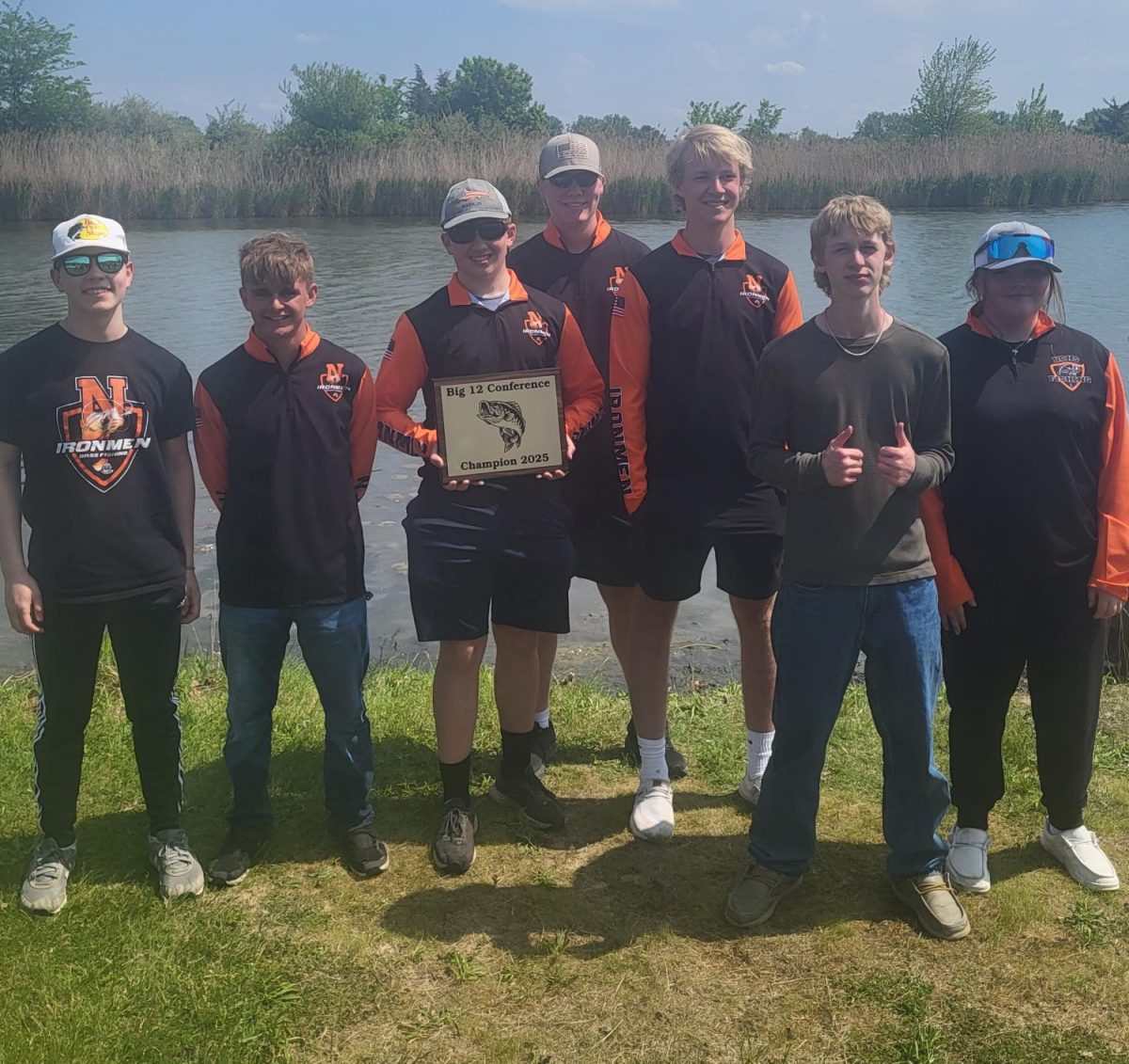

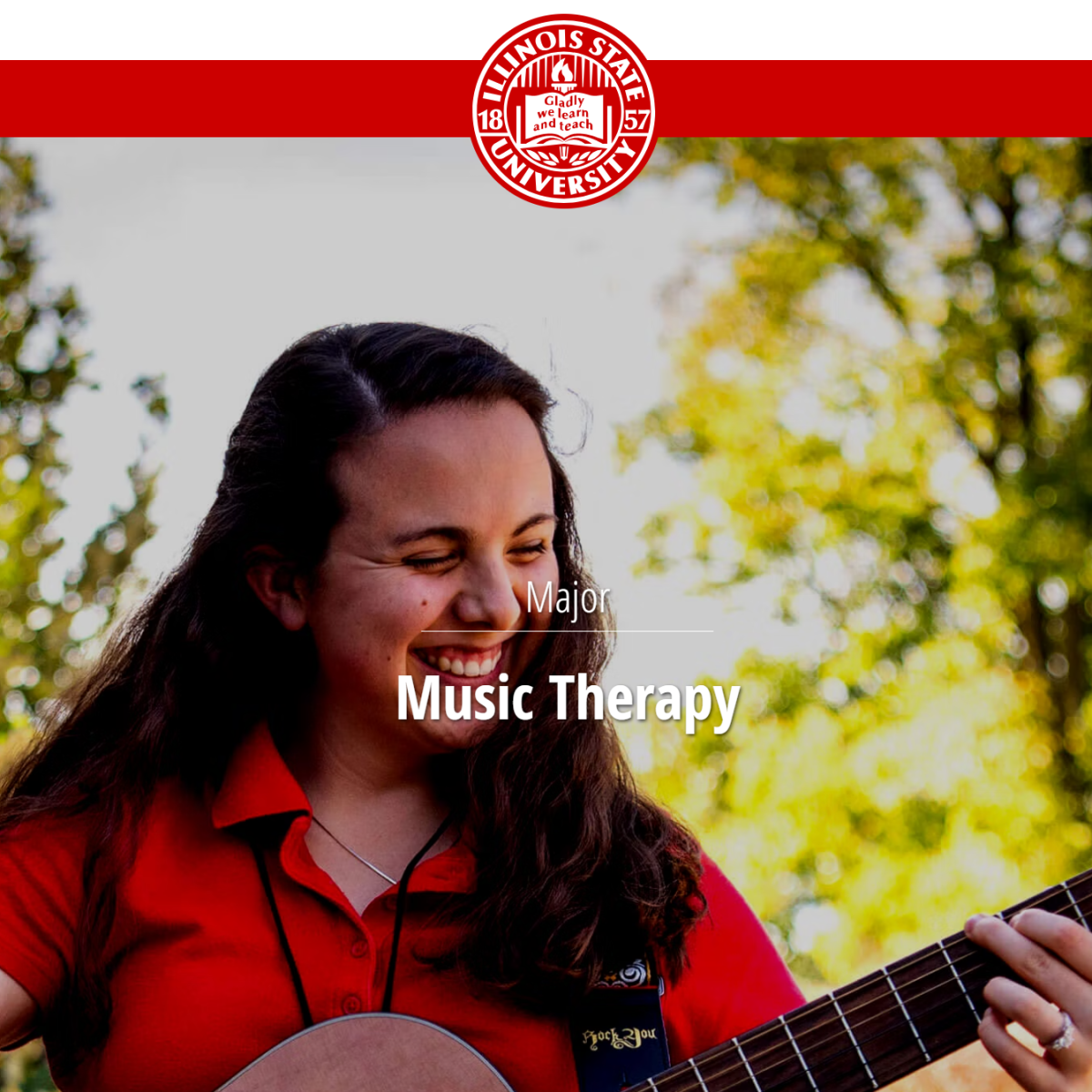
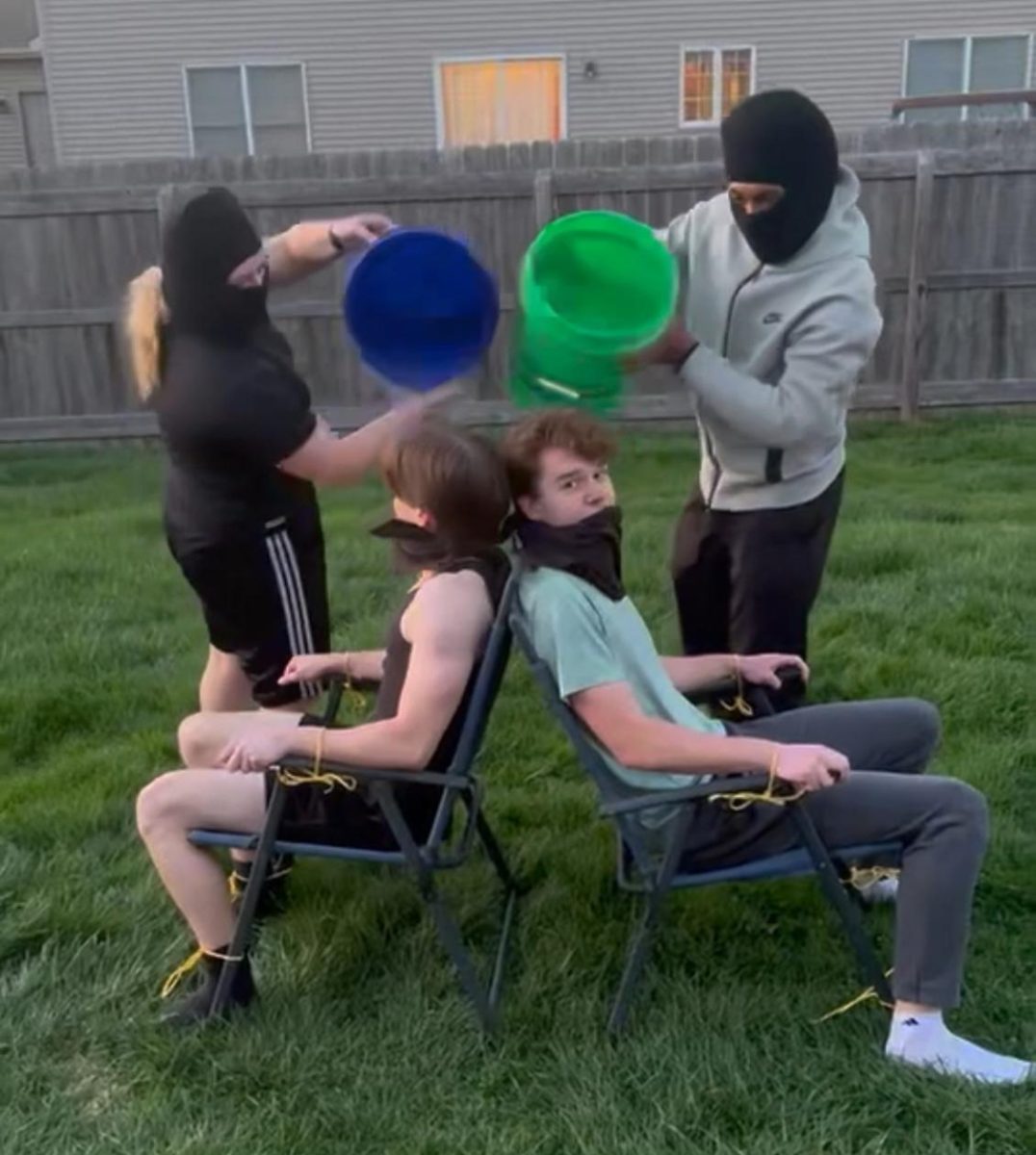





















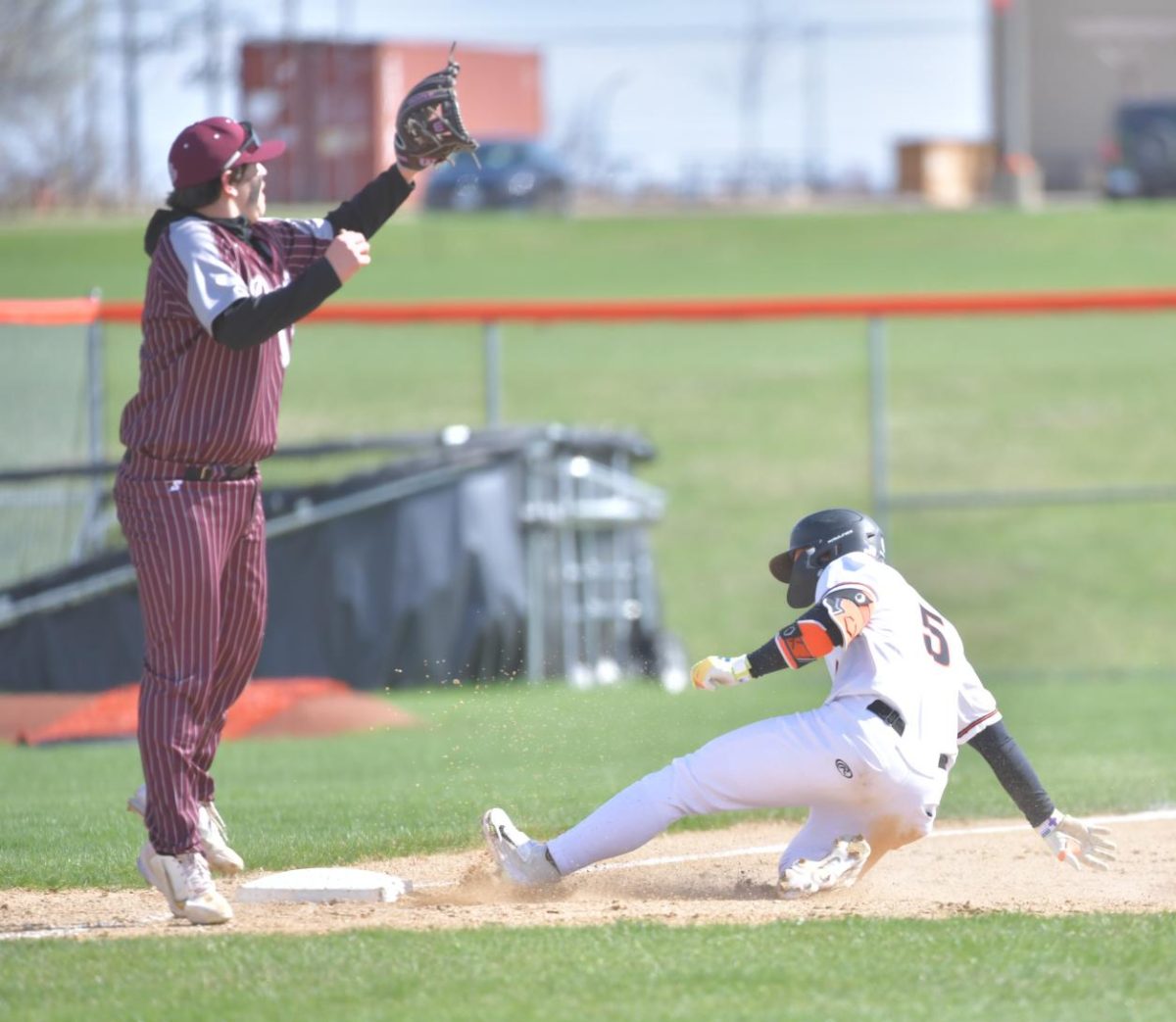
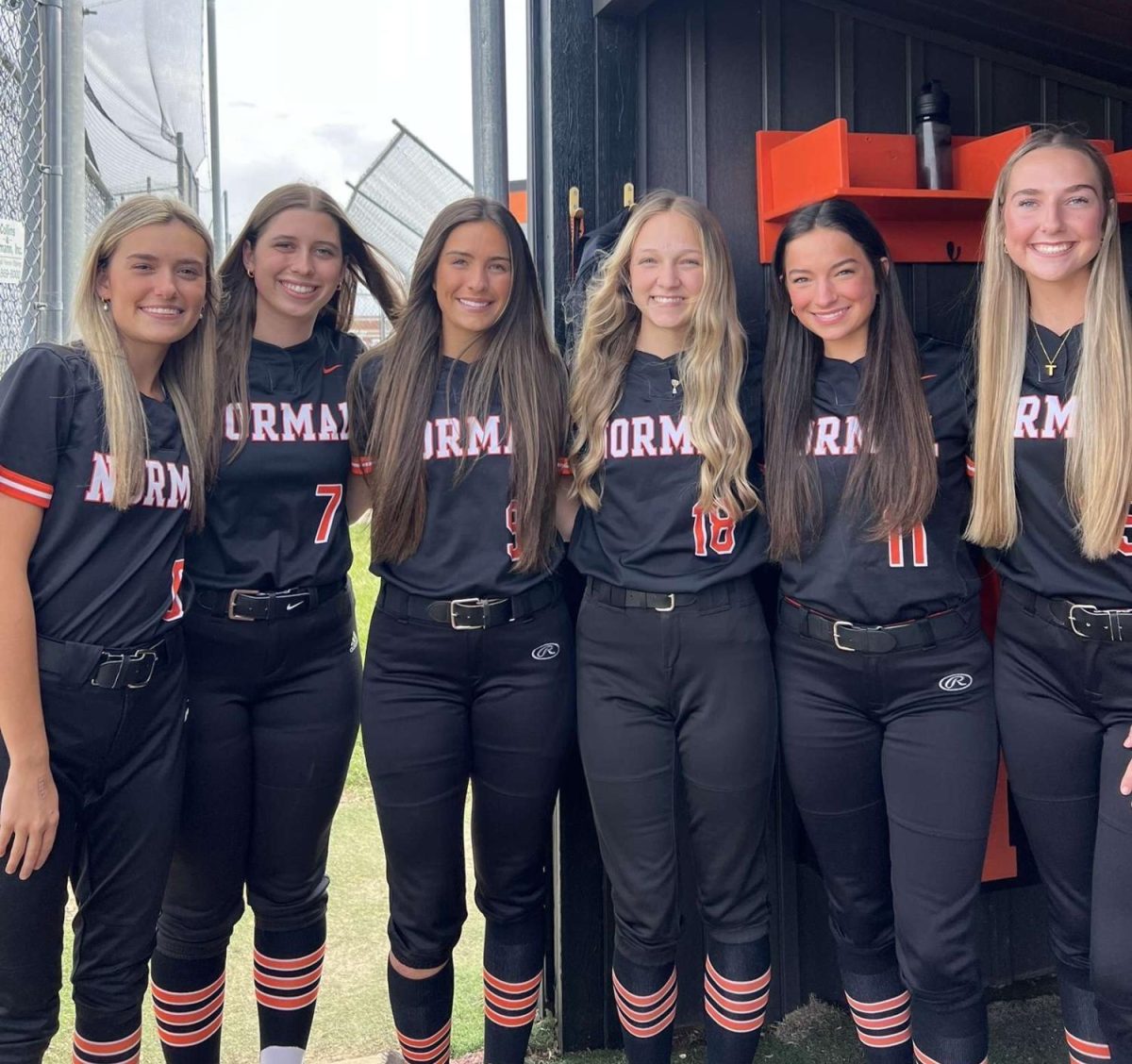
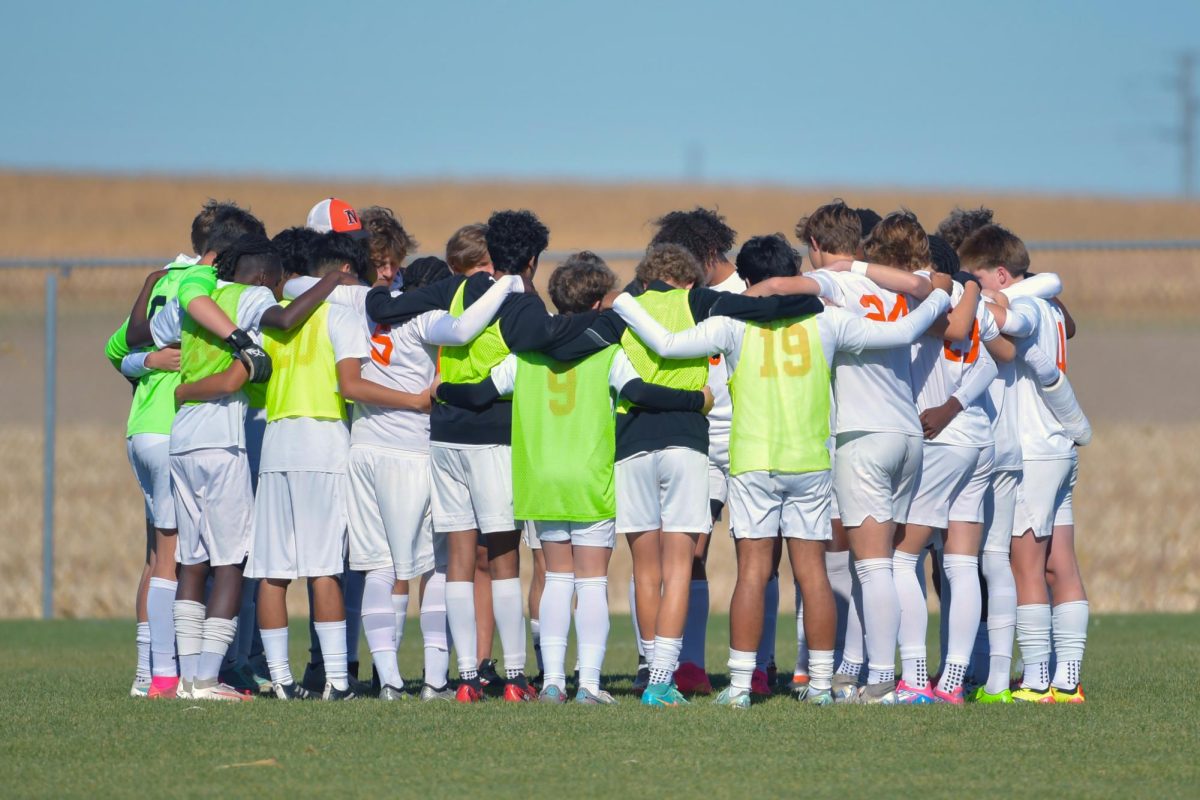
![Coach Drengwitz on the loss to Mt. Carmel, 2024 season [video]](https://nchsinkspot.com/wp-content/uploads/2024/11/Postseason-presser-feature-1200x800.png)
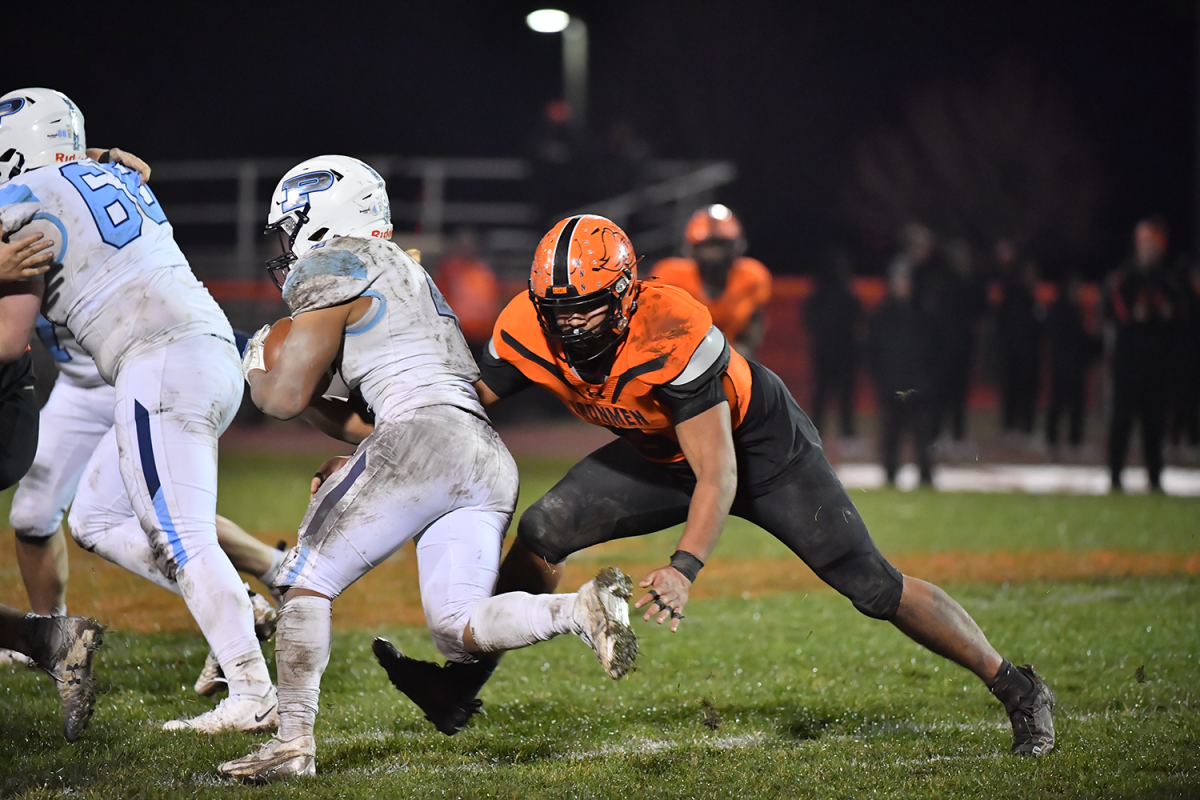
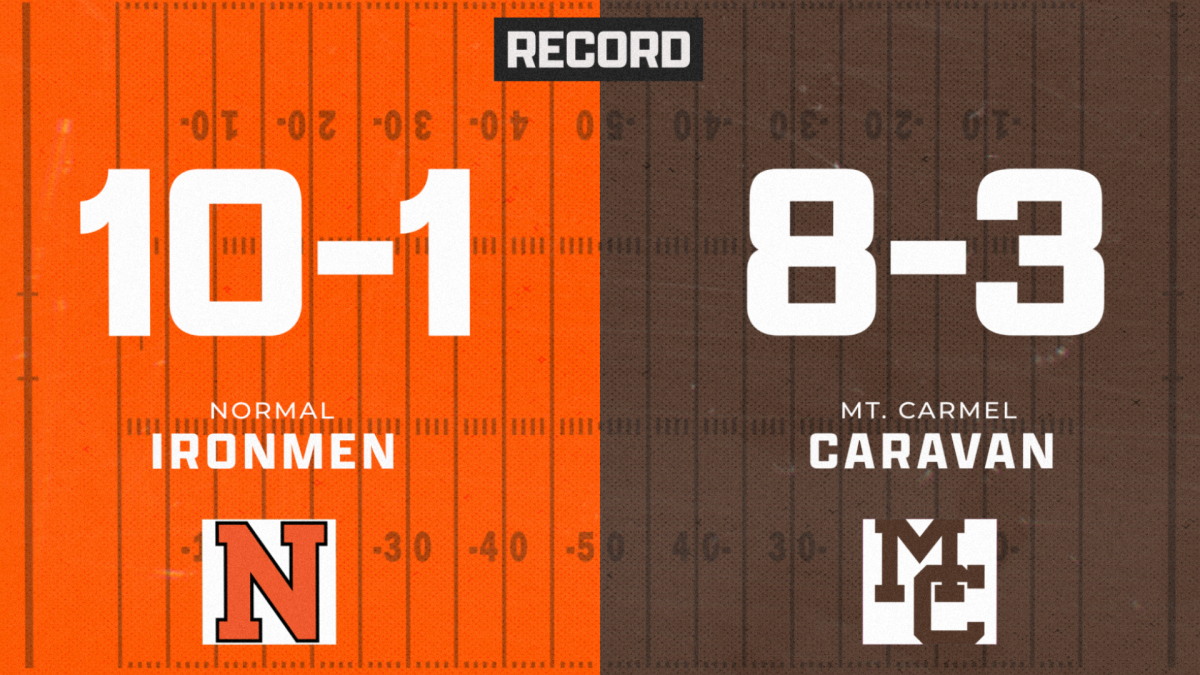
![IHSA 7A Football Playoffs Quarterfinals: Ironmen head coach on facing the Mt. Carmel Caravan [video]](https://nchsinkspot.com/wp-content/uploads/2024/11/0w12-web-feature-1200x800.png)









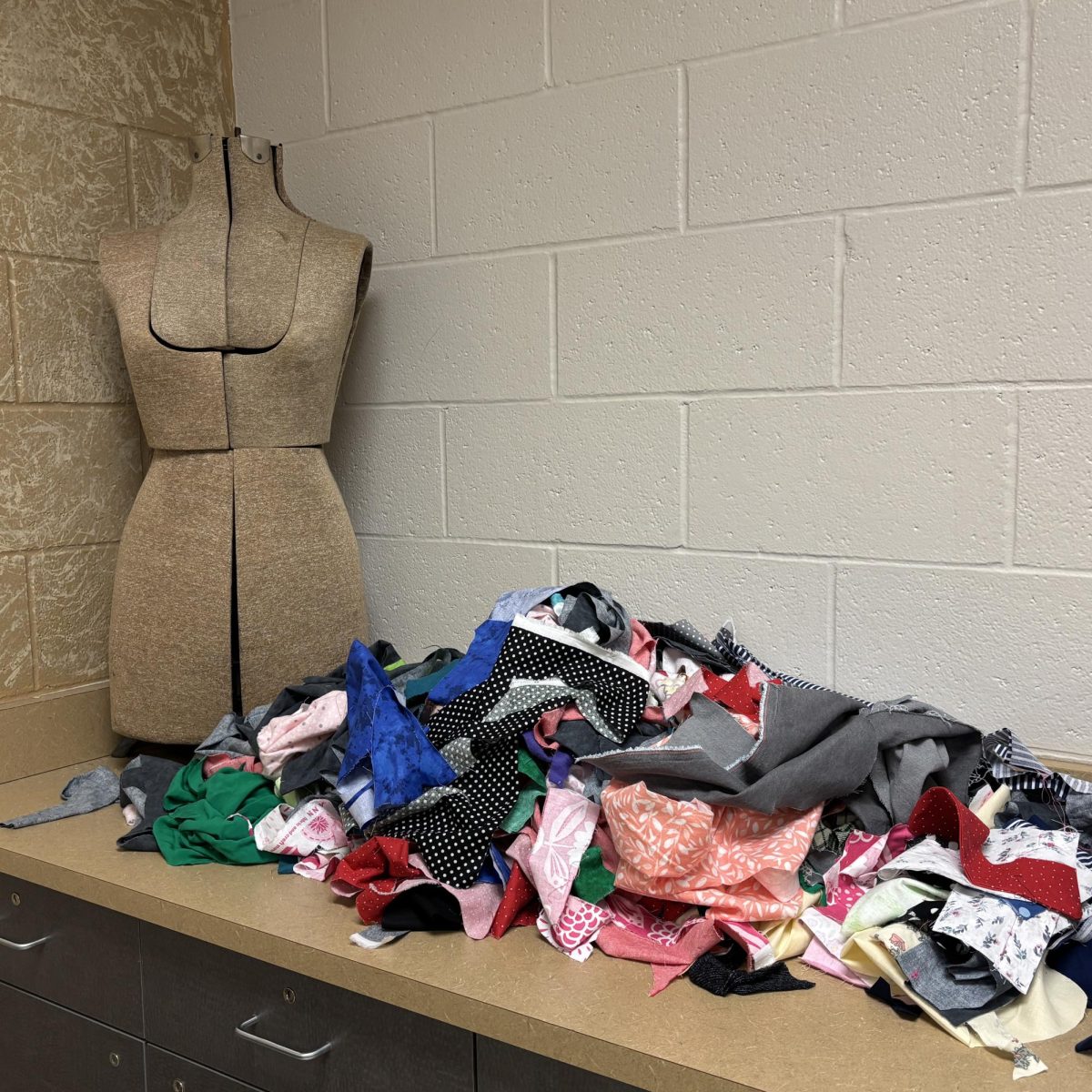

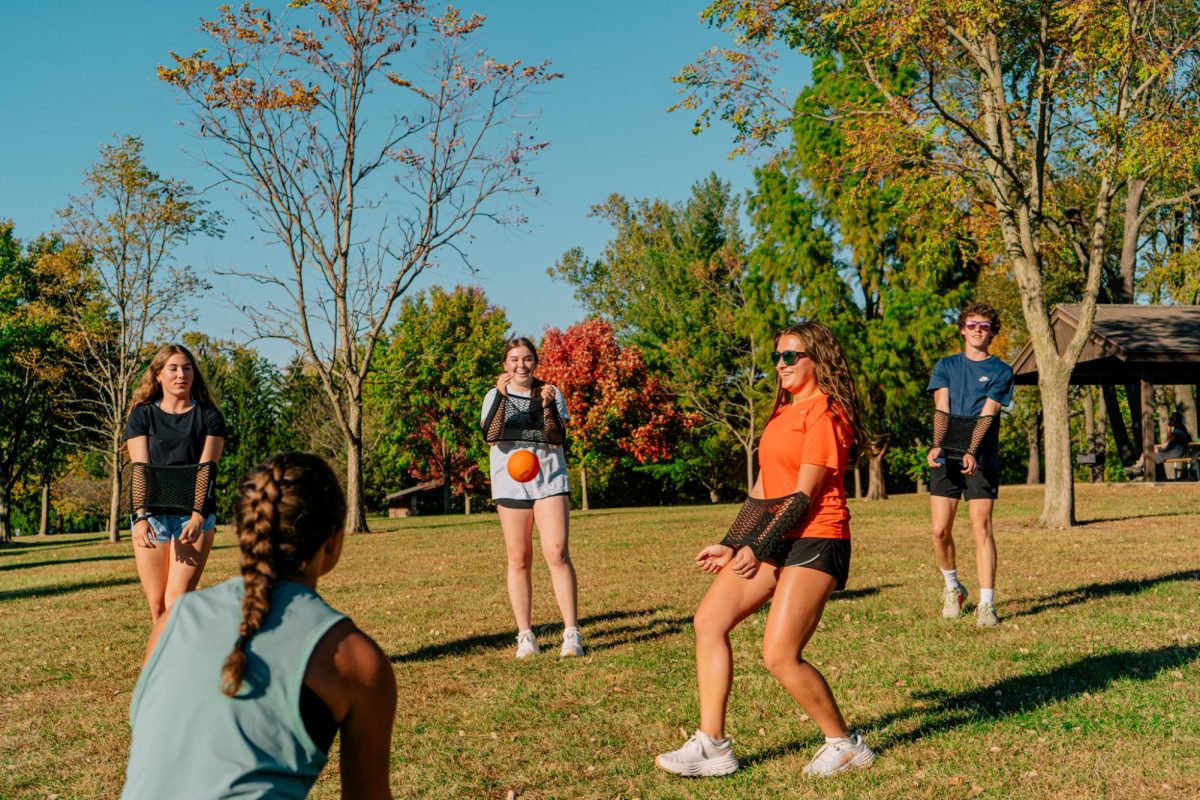

![Halloween candy cross section quiz [quiz]](https://nchsinkspot.com/wp-content/uploads/2022/10/Candy-cover-big-900x675.png)
![Average Jonah? [quiz]](https://nchsinkspot.com/wp-content/uploads/2022/05/average-jonah-900x600.png)











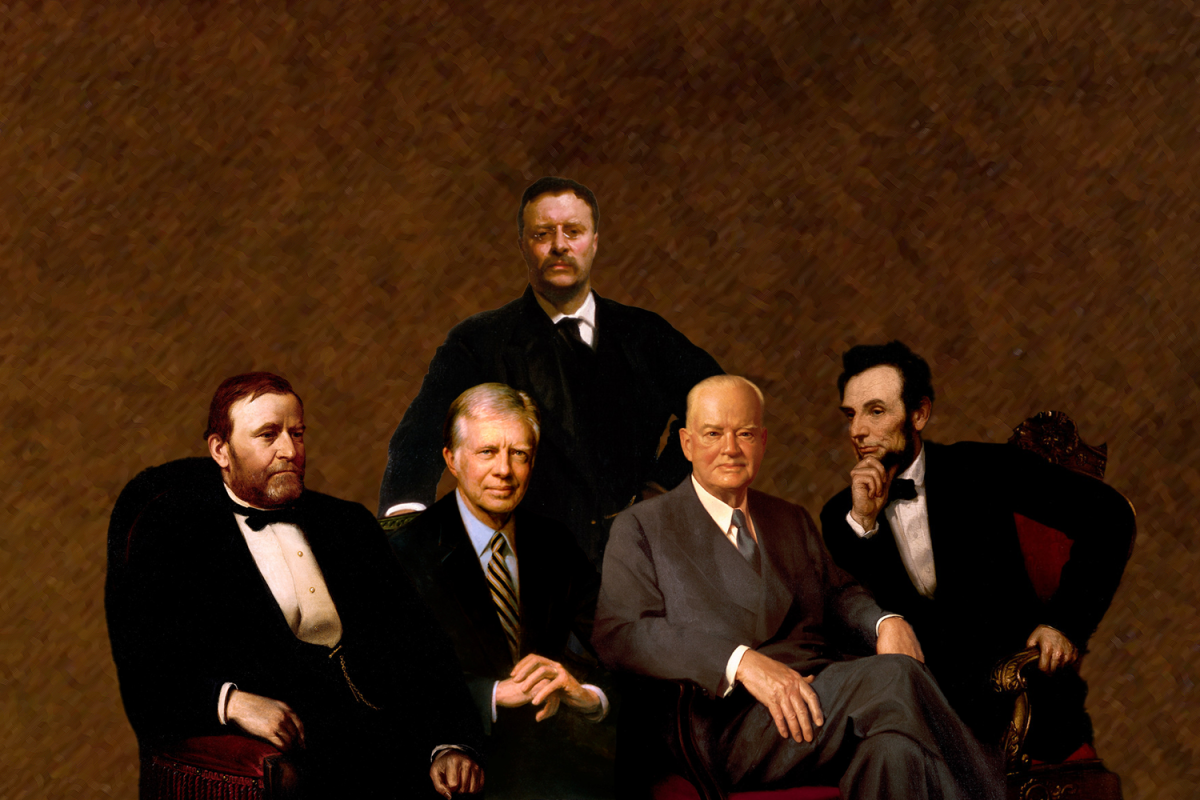










![Cell phone ban in schools? Community responds to proposed legislation [video]](https://nchsinkspot.com/wp-content/uploads/2025/04/Sequence.00_01_09_19.Still001-1200x675.png)




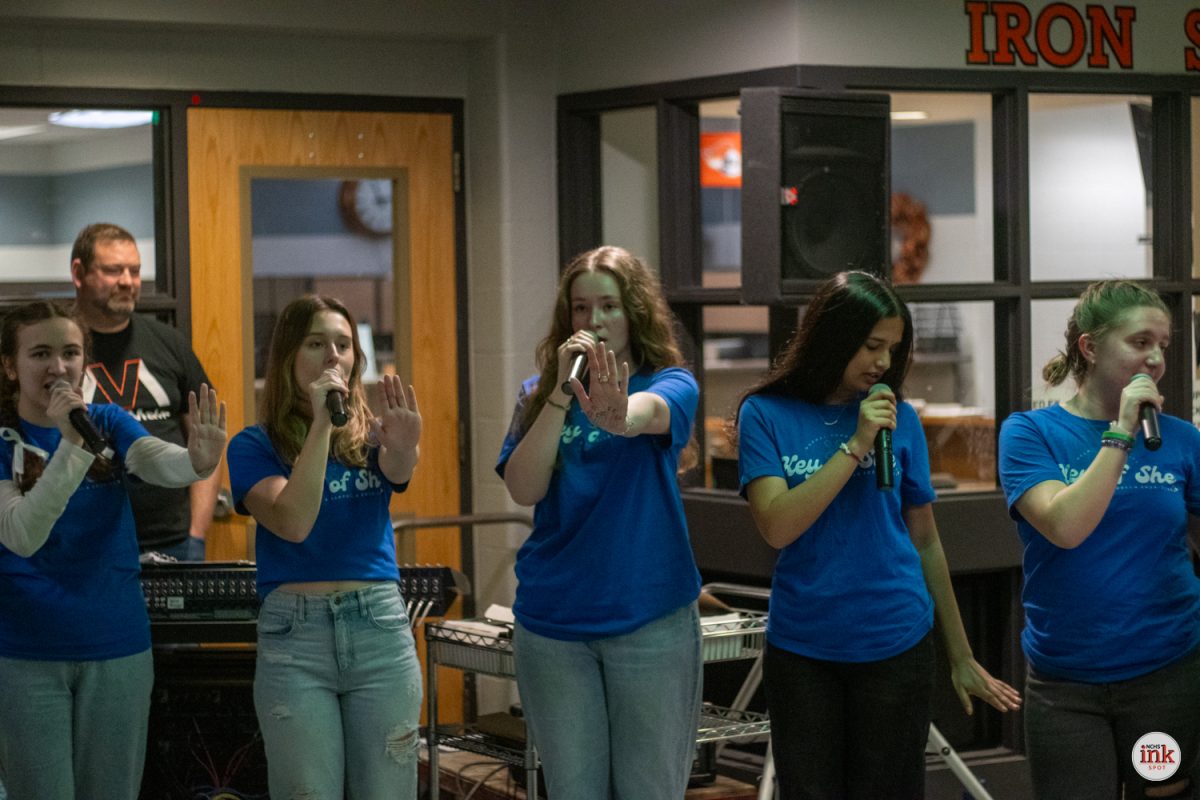
![Ironmen spring sports update: April 9 [video]](https://nchsinkspot.com/wp-content/uploads/2025/04/sports-recap-square-1200x1200.png)
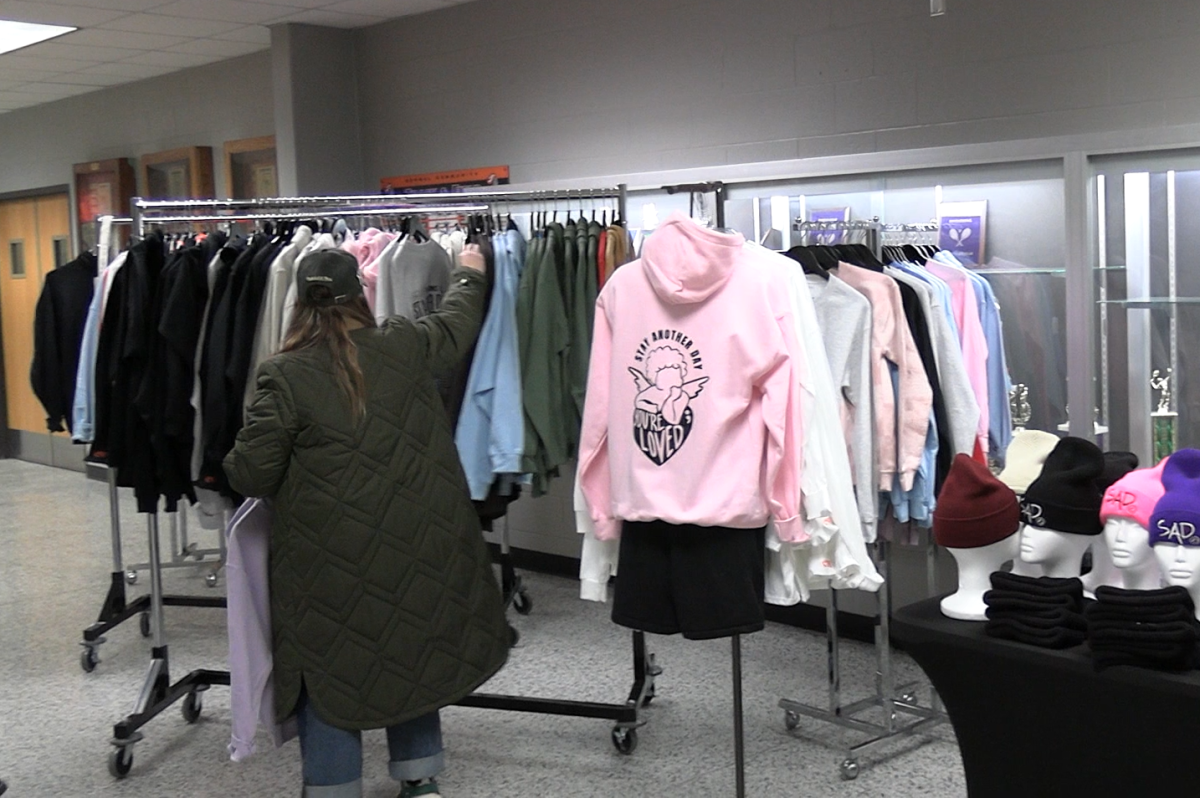
![Ironmen in the hunt: Coach Feeney talks Big 12 Title race ahead of PND matchup [video]](https://nchsinkspot.com/wp-content/uploads/2025/01/feeney-1200x675.png)
![On the Spot: This or That – Halloween [video]](https://nchsinkspot.com/wp-content/uploads/2024/10/tot-Halloween-YT-1200x675.png)
![On the Spot: This or That – Fall favorites [video]](https://nchsinkspot.com/wp-content/uploads/2024/10/ots-fall-web-1200x800.png)
![On the Spot – Teachers tested on 2023’s hottest words [video]](https://nchsinkspot.com/wp-content/uploads/2024/01/On-the-Spot-Teachers-tested-1200x675.png)








